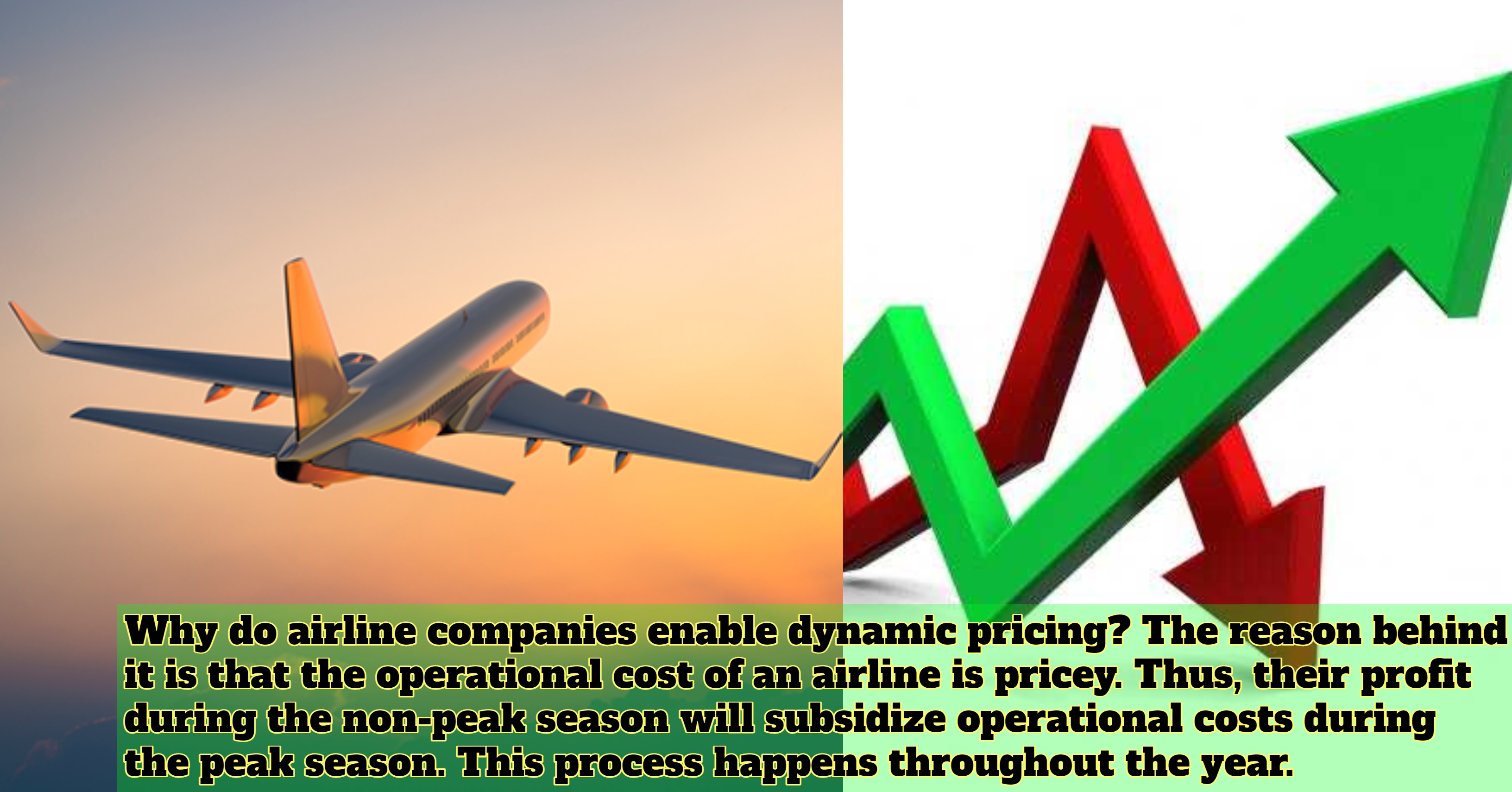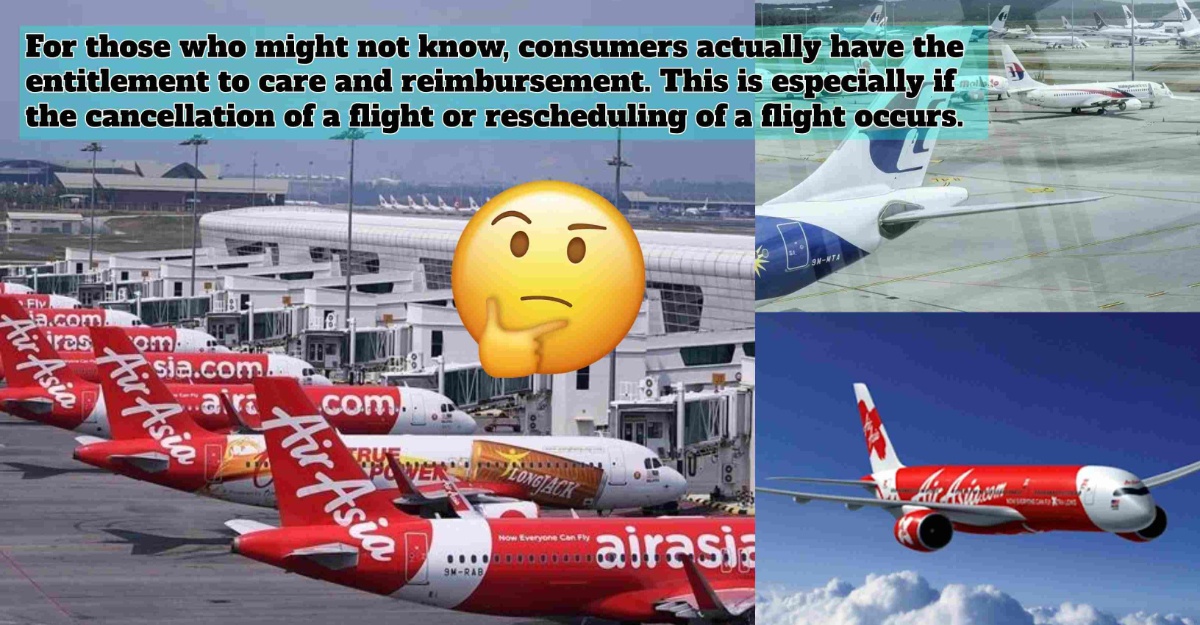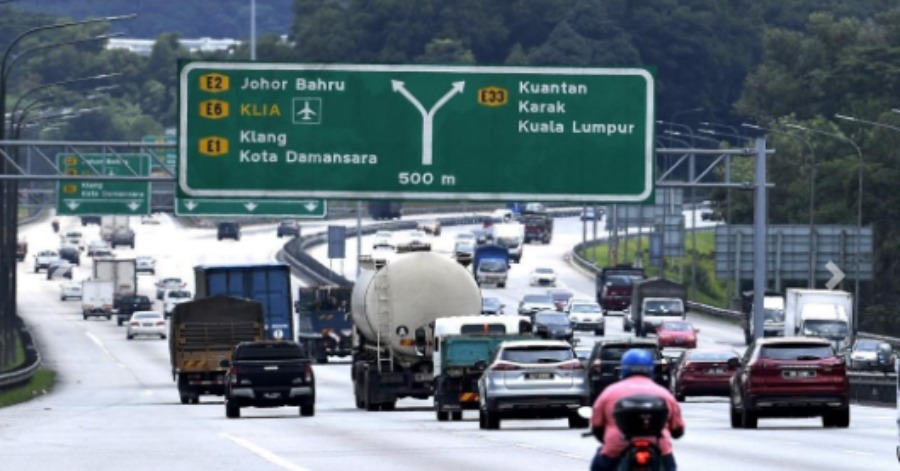Dynamic pricing is also known as real-time pricing. It means the facility to set a price for a flexible product or service.
Other industries that apply dynamic pricing in setting their prices are hospitality, tourism, retail, and entertainment. In the aviation sector, airline companies need to sell their flight tickets at the most optimized price.
For your information, A.I or artificial intelligence determines real-time pricing.

In this case, demand and supply determine the price that changes every moment.
However, human intervention is not impossible and is termed the revenue management professional.
This party will intervene if there are issues that A.I cannot overcome it.
Factors of Dynamic Pricing
- The number of demands during the festive season
- Rate competitors for the airline companies
- Customer demand on buying the flight ticket
- Timing popularity
- Seasonality (semester break, school holiday etc.)
- The capacity of seats
Customers will get price flexibility if buying in the non-peak season. Every airline company will have its own price bucket. A price bucket is a way of grouping products within price ranges in your data feed.
For example, airline companies will sell their first 25 flight seats for RM100 and the next 50 seats for RM200. Therefore, the longer you delay planning to buy a flight ticket, the bigger the budget that you need to spend.
Importance of Dynamic Pricing
Why do airline companies enable dynamic pricing? The reason behind it is that the operational cost of an airline is pricey. Thus, their profit during the non-peak season will subsidize operational costs during the peak season. This process happens throughout the year.
Factors of Inflation
Before the pandemic, the cost of aeroplane fuel was only 25%-27% of an airline’s operating cost. However, oil prices have covered as much as 50% of an airline’s operating costs since the pandemic outbreak.
It is due to high demand but low supply. Therefore, the costs also increase due to inflation – equal to the high price of tickets.
Contribution of MAVCOM
MAVCOM stands for Malaysian Aviation Commission.
- Ensures that consumers are not deceived by encouraging competition between airlines
- Encouraging airline companies to participate in serving one area, especially those that have demand and no alternative, such as Sabah and Sarawak
- Monitoring ticket prices during peak season
- Collaborate with the Ministry of Transport to increase the frequency of flights so that there is more supply.
Ceiling Price for Flight Ticket
The study shows that a floor price does not guarantee a significant price drop even during the non-peak season. Due to the existence of a ceiling price, the price cannot be increased arbitrarily. Therefore, airlines will increase the cost of flight tickets during the non-peak season.
It causes airlines not to have excess revenue to pay operating costs during the non-peak season. When the ceiling price is set, competition between airlines will not occur. With dynamic prices, price flexibility will take place.
Tips for Travelling
- Do early planning for your journey
- Choose to travel during the non-peak season
- Use various platforms to compare the budget of flight and accommodation
- Consider using a flexible ticket
Sources: YouTube @ FinancialFaiz, Tinuiti








